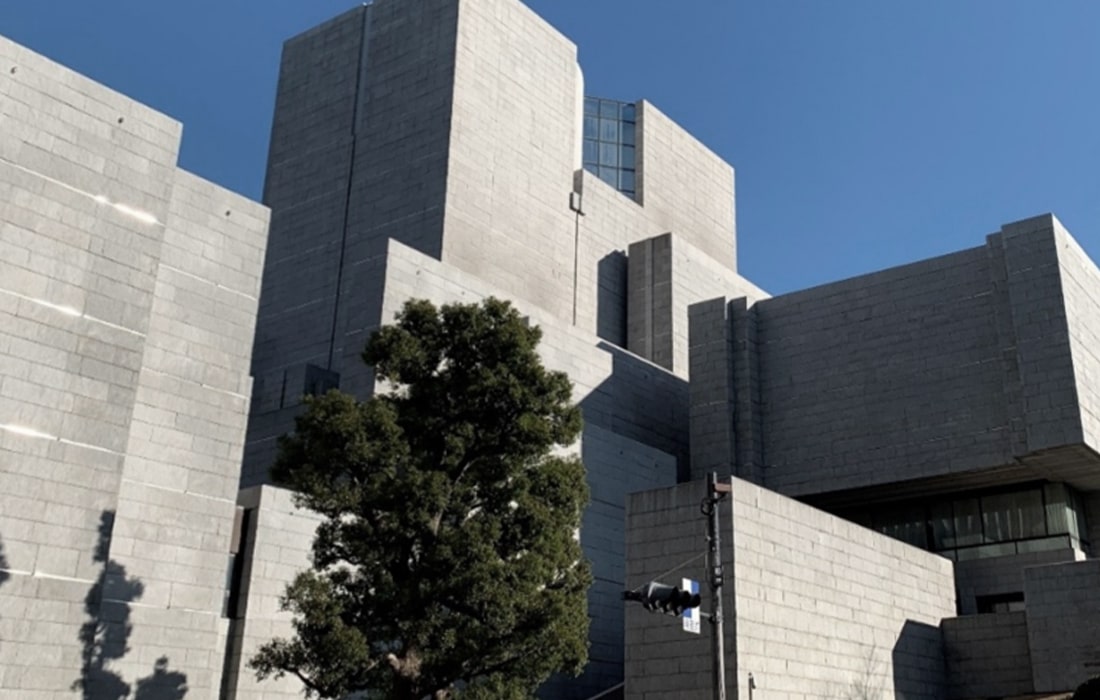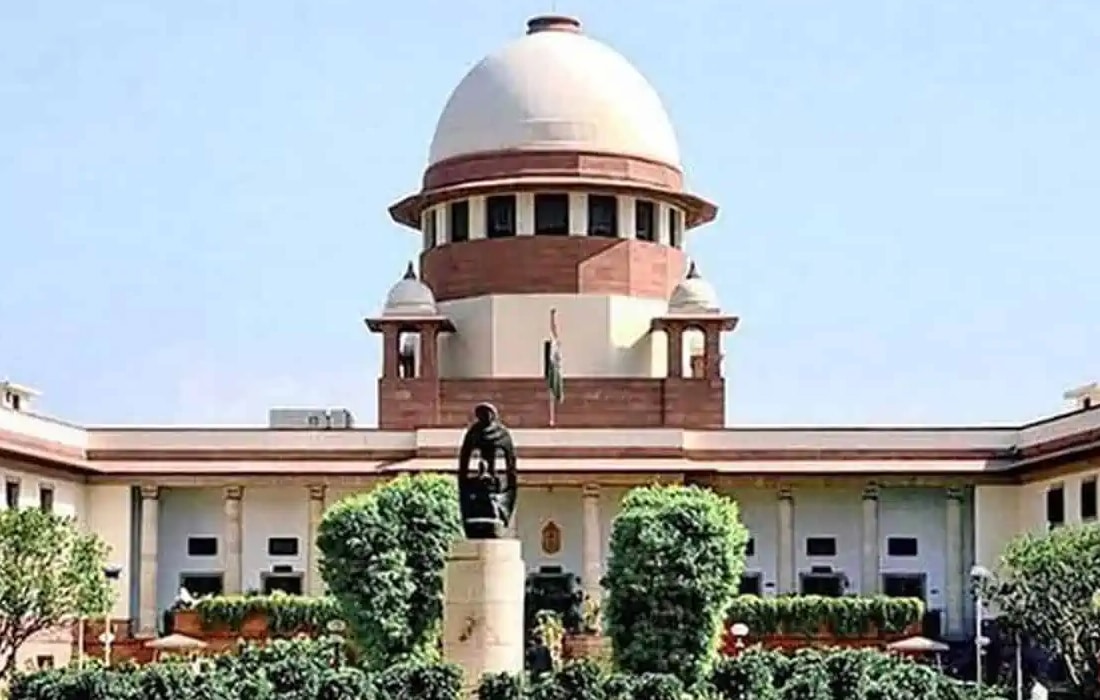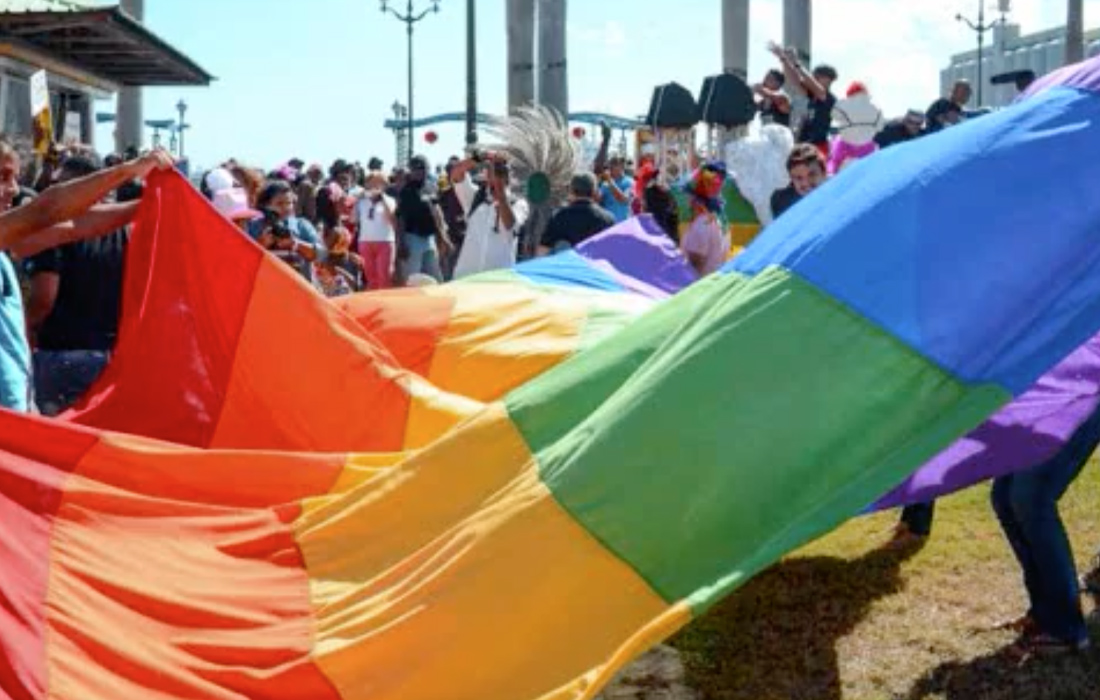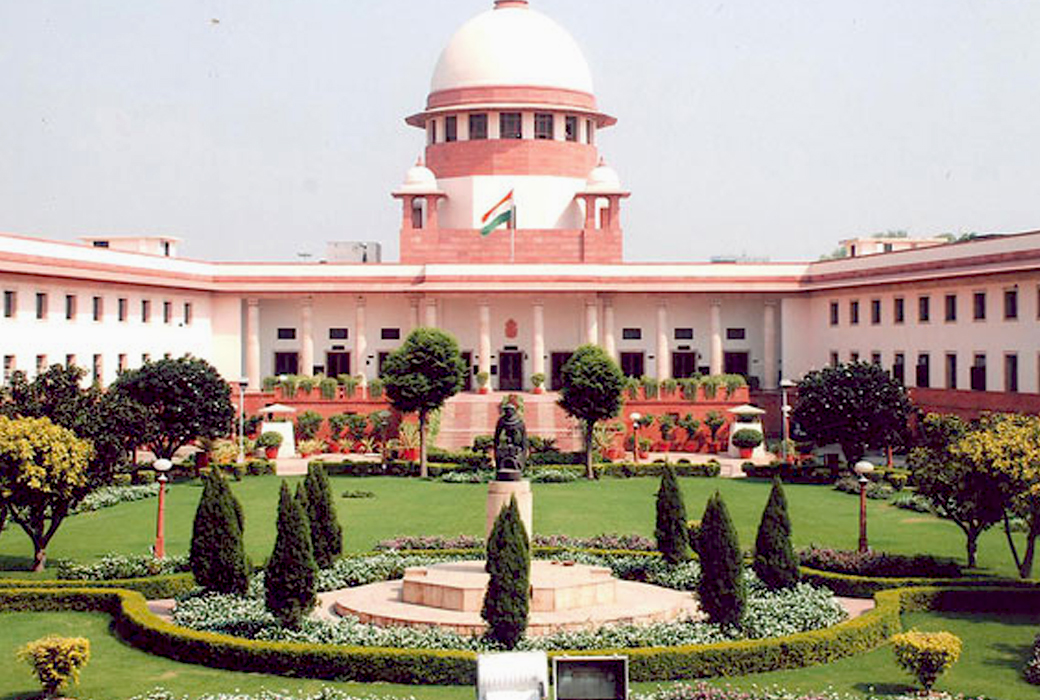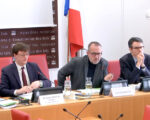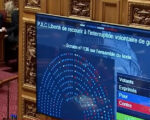>> India elects its first transgender mayor… who months before was scraping together a living by singing and dancing on trains
Madhu Bai Kinnar, 35 ans, a remporté dimanche l’élection municipale à Raigarh dans l’Etat de Chhattisgarh (centre de l’Inde), en battant de 4.500 voix son rival du parti nationaliste hindou BJP du Premier ministre Narendra Modi, a annoncé la commission électorale de l’Etat.
 Membre de la caste des Dalit (Intouchables), elle a gagné un temps sa vie en dansant et chantant dans les trains, a rapporté l’agence de presse indienne Press Trust of India. “Les gens ont montré qu’ils avaient confiance en moi. Je considère cette victoire comme de l’amour et des bénédictions qui me sont envoyés”, a déclaré Madhu Bai Kinnar après son élection.
Membre de la caste des Dalit (Intouchables), elle a gagné un temps sa vie en dansant et chantant dans les trains, a rapporté l’agence de presse indienne Press Trust of India. “Les gens ont montré qu’ils avaient confiance en moi. Je considère cette victoire comme de l’amour et des bénédictions qui me sont envoyés”, a déclaré Madhu Bai Kinnar après son élection.
Une vidéo la montre drapée dans un sari, saluant ses partisans venus lui glisser des guirlandes de soucis autour du cou, sous le crépitement des flashs des photographes. La victoire de Madhu Bai Kinnar intervient neuf mois après une décision de la Cour suprême indienne de reconnaître les transgenres comme un troisième genre, ni masculin, ni féminin.
Les personnes transgenres vivent en marge de la société indienne, traditionnellement conservatrice et sont fréquemment contraintes d’avoir recours à la prostitution, la mendicité ou à des emplois très précaires pour survivre.
>> Just months ago she was scratching out a living singing and dancing on trains for a few rupees from commuters.
But now Madhu Bai Kinnar is leading her community as India’s first transgender mayor – a dramatic election result that upends cultural mores in the traditionally conservative country.
Kinnar won the election in Raigarh in the central state of Chhattisgarh on Sunday, beating her rival from Prime Minister Narendra Modi’s Bharatiya Janata Party (BJP) by more than 4,500 votes.
Television pictures showed the 35-year-old draped in a saree and with a large red bindi on her forehead, folding her hands and greeting supporters who placed marigold garlands around her neck amid strobing camera flashes.
Kinnar, a member of the Dalit caste previously known as the ‘untouchables’, put herself forward for election when she was asked to represent her community.
‘People have shown faith in me. I consider this win as love and blessings of people for me. I’ll put in my best efforts to accomplish their dreams,’ Kinnar said.
It was the public support that encouraged me to enter the poll fray for the first time and because of their support, I emerged as the winner
‘It was the public support that encouraged me to enter the poll fray for the first time and because of their support only, I emerged as the winner.’
Kinnar’s win comes nine months after India’s top court ruled that transgenders be legally recognised as gender-neutral.
Often known as ‘hijras’ in South Asia, transgenders are classified as people who have had sex change operations or who regard themselves as the opposite of their born gender.
Activists say there are hundreds of thousands of transgender people in India, but because they were not legally recognized, they faced ostracism, discrimination, abuse and forced prostitution.
Just last month India’s first transgender newsreader said she thought all transgenders in the country should be helped to have gender realignment surgery.
Padmini Prakash, 30, appears on TV every evening to present a news show on the Tamil-language Lotus TV Channel, in the city of Coimbatore, southern India.
‘We’re born into the wrong body, it’s not our fault,’ she said. ‘I know so many transgenders who are struggling to pay for surgery. Their lives are frozen in time because of the costs involved.
‘This is not our fault; free surgery should be available for all. It should be our right, along with counselling and guidance classes and education on sexual diseases.
‘We’re not given any help, no one is trying to assist our community.’
AFP





